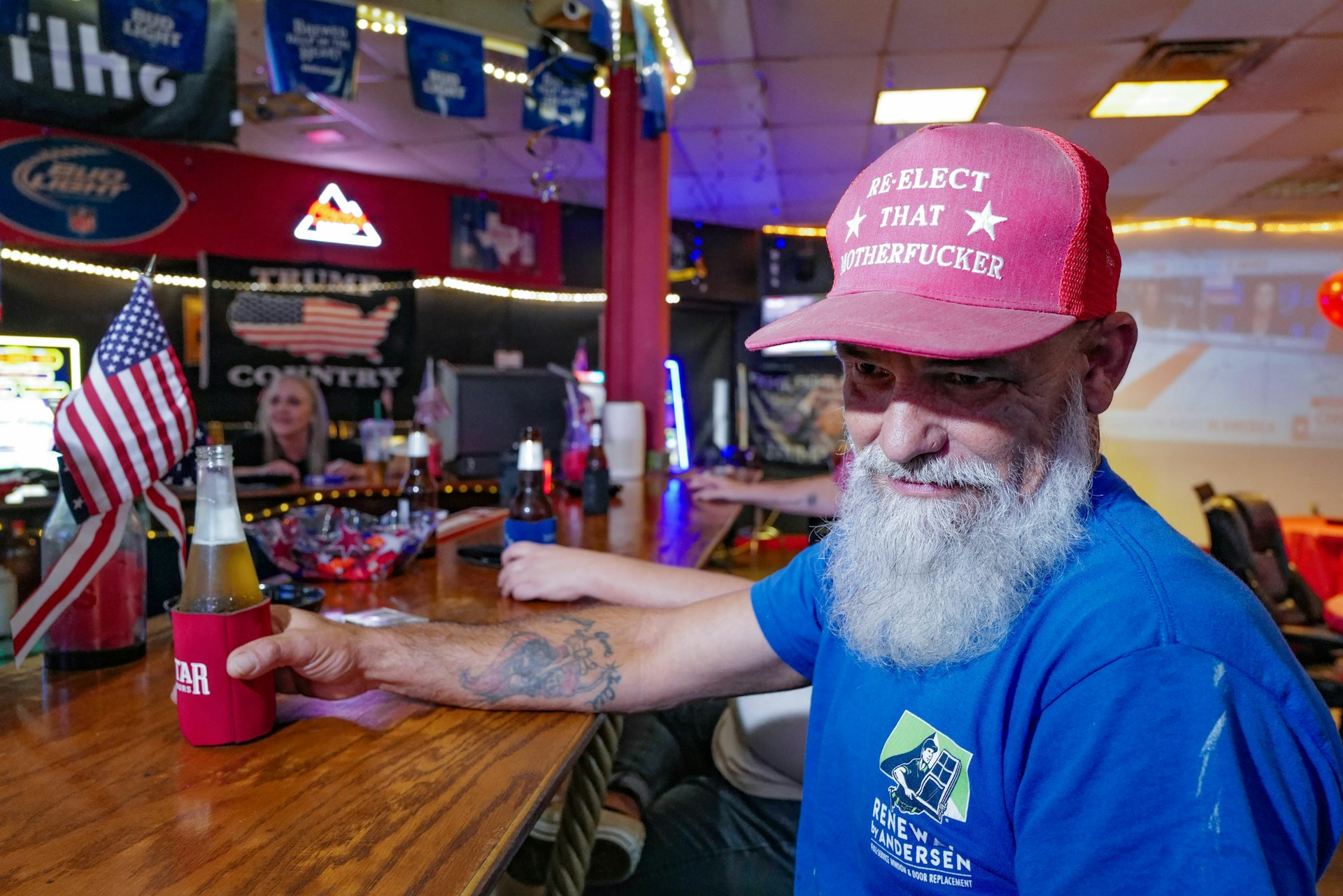Is the boom in slum tourism anything more than poverty porn?
- Text by Alex King
- Photography by Fabian Frenzel

“Wow, what an amazing view,” Tat gushes to me as she looks down on the glittering sand of Rio de Janeiro’s Ipanema beach. Tat and her two European friends are looking out of the window of fashion designer Katuchita Etnias’ studio in Vidigal, a favela high on a hill overlooking Rio.
Just a few years ago, foreigners would have been too terrified to walk through the labyrinth of hillside alleyways, formerly controlled by armed traffickers, to reach Katu’s home. Today, visitors are frequent and Katu is one of the many beneficiaries of a recent boom in so-called “slum tourism”, which has seen developments including art galleries, hostels and bars blossom in marginalised neighbourhoods across the developing world, from Vidigal to Dharavi in Mumbai and Kibera in Nairobi.
But how can rich, (mainly) white outsiders, who pass through for a couple of hours or days, play a genuinely positive role in some of the poorest urban areas on earth? Call it what you like – slum tourism, poorism or reality tourism – what we’re really seeing is poverty porn, or to give it another title: shameless exploitation. But beyond the superficial exchanges and influx of cash, is there another story here? That’s the question academic Fabian Frenzel set out to answer in his book Slumming It.

Tourists Posing in front of the Cable Car of Complexo Alemao, Rio De Janeiro
Fabian argues that foreign tourists, far from being naive and insensitive outsiders, have stepped over the social barriers that exist in many developing world cities to open up slum communities, not just to international visitors, but to others in their own countries too. “Communities have successfully used tourism and increased visibility in their struggles for recognition,” Fabian explains. “Tourists can contribute to advancing social and political justice for slum residents.”
Fabian is conscious that “slum” is a problematic term, but what unites all the areas in South America, Africa and Asia where he conducted research is that their greatest problems root from exclusion – economic, social and political. Breaking this exclusion down is crucial to tackling the major issues that damage the lives of slum residents on a day-to-day basis: poverty, poor infrastructure, social problems like crime and drug abuse, and disinvestment.
Slum tourism began in the 1980s in Apartheid South Africa, when black residents showed outsiders around their neighbourhoods to educate them on life in the segregated townships. The tours remain popular long after the end of Apartheid, and today some 400,000 tourists a year take part in “township tours.”

Ponte Tower, a “vertical slum” in Hillbrow, Johannesburg
Of course, slum tourism can take many forms. Thankfully, the most deplorable examples, such as tourists peeking out on dangerous neighbourhoods from inside armoured cars, are rare. “The more negative models emphasise too much of the residents’ innocence and the need of charitable support for people living in these places,” Fabian says. “Operators often guide tourists towards this pitying interaction, which is problematic because it creates images that slum dwellers are children in need of care – but they can mobilise themselves to raise grievances with authorities and others.” In contrast, Fabian argues the best examples of slum tourism can help create networks of solidarity that extend across the city and around the globe, engaging people with local struggles.
Slum tourism developed in Vidigal and other favelas in Rio’s southern zone during the ‘90s, when visitors began to enter in significant numbers. In 2008, the government and police began their favela pacification campaign, in which they massively reduced the visible presence of drug gangs who previously controlled the areas. Tourist numbers skyrocketed.
Where foreigners led the way, “local elites” followed, and now many of the pacified favelas play host to pumping arts and nightlife scenes. But while this influx of outsiders and money has sparked a cultural renaissance and helped fund infrastructure upgrades, it has also lead to a new problem: favela gentrification.
“The influences of valorisations that come through tourism or other external factors have an inherent danger,” Fabian explains, “they can just lead to gentrification and perpetuate problems or merely displace them to other areas. Outsiders can see developments in slum communities purely as economic opportunities, so it’s important to create structures that contain the logics of real estate and gentrification.”

The Morrinho project in Favela Mare, Rio de Janeiro
If the original residents are pushed out and their communities become hollowed out playgrounds for wealthy locals and foreign tourists, has development really provided any meaningful benefit? Without infantilising people in these areas, we have to recognise that, alone, residents are incredibly vulnerable. They’re often unable to compete economically with wealthy outsiders and few residents have legal title over their properties. When their land begins to be seen as valuable, they have little protection from governments or property developers. The evictions to make way for Rio’s Olympic stadiums or destruction of parts of Kathputli, Delhi’s circus performer slum, in the government’s controversial redevelopment project, show how fragile this existence can be.
But united communities, who can trumpet their social and cultural capital, and leverage their connections with other groups in the city, can wield considerable political power to ensure their needs are met and their concerns heard. “The competing priorities and debates over how resources should be spent point to the importance of democratic control,” Fabian explains. When tourist participation supports local democratic structures, slum tourism can go beyond an exploitative human safari, to play an important role in empowering communities, helping them overcome challenges and dictate the shape of development in their neighbourhoods.
Fabian Frenzel is Professor of Management at Leicester University. His book Slumming It is out now, published by Zed Books.
Enjoyed this article? Like Huck on Facebook or follow us on Twitter.
Latest on Huck

Picking through the rubble: Glimpses of hope in the US election results
Clambering through the wreckage of the Harris campaign, delving deeper into the election results and building on the networks that already exist, all hope is not gone writes Ben Smoke.
Written by: Ben Smoke

US Election night 2024 in Texas
Photographer Tom “TBow” Bowden travelled to Republican and Democratic watch parties around Houston, capturing their contrasting energies as results began to flow in.
Written by: Isaac Muk

In photos: “Real life is not black and white” – Polaroid x Magnum Open Call winners
See pictures from the competition organised by two titans of contemporary photography, which called upon artists to reject the digitalisation and over-perfectionism of our modern world, technology and image-making.
Written by: Huck

In photos: Rednecks with Paychecks
‘American Diesel’ is a new photo series that looks at the people, places and culture behind the stereotypes of rural America.
Written by: Ben Smoke

How do you solve a problem like the music industry?
Beyond the Music is a conference and grassroots festival bringing together people from across the industry to try and grapple with the biggest issues facing it.
Written by: Ben Smoke

Laura Crane is waving goodbye to sexism in surfing
The first UK woman to surf the legendary big wave spot Nazarè, Crane is surfing the sea change in the sport and beyond.
Written by: Sam Haddad